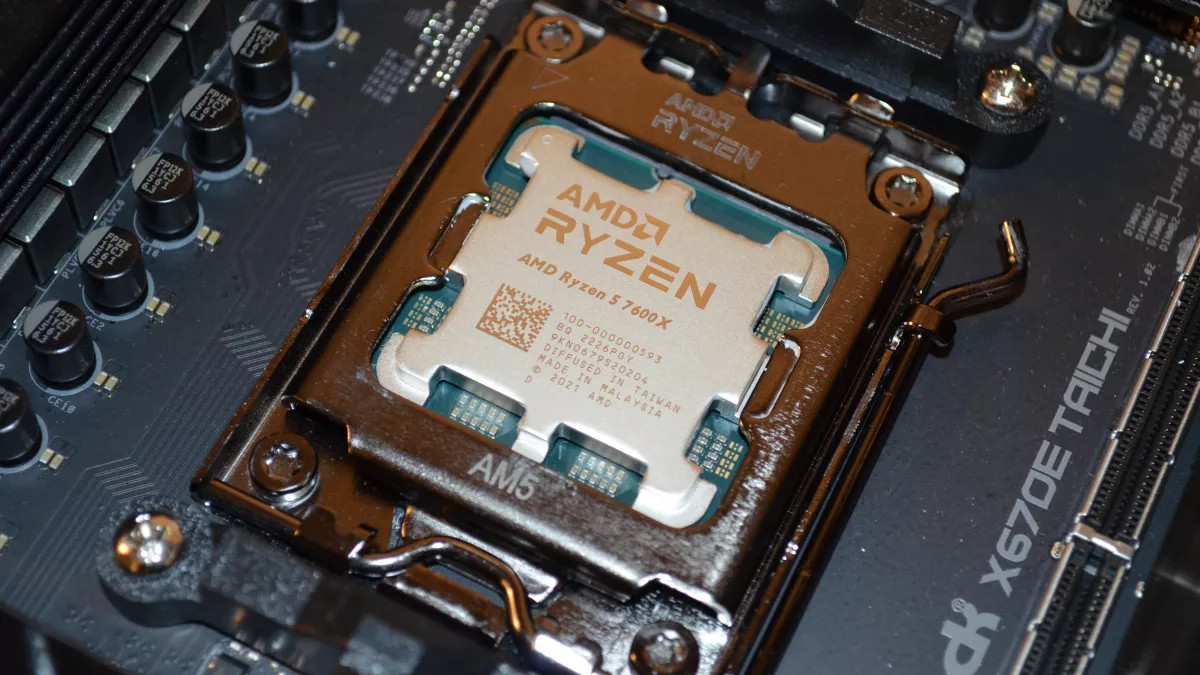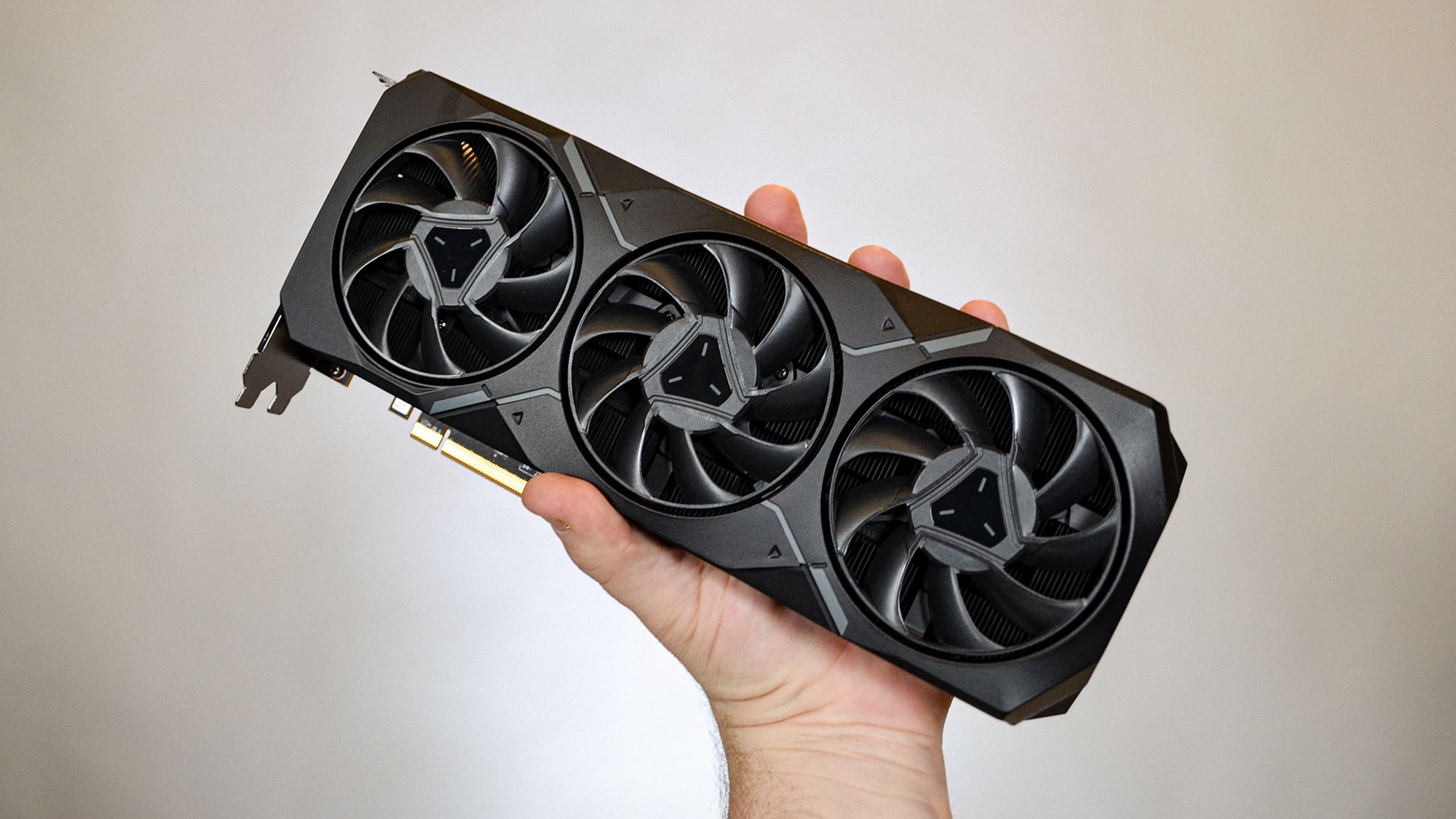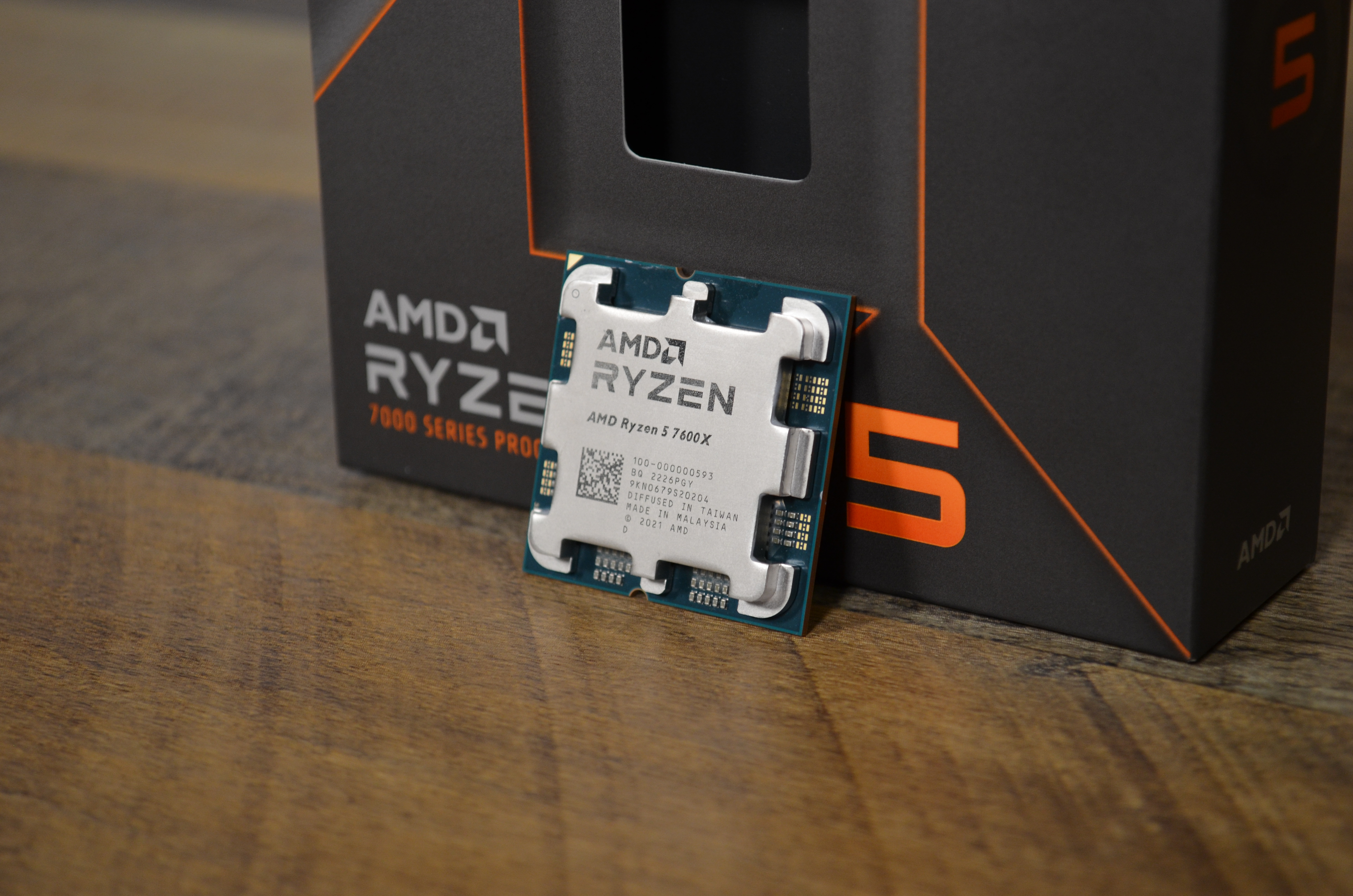AMD, I love you, but please stop releasing products nobody needs
Team Red is overcrowding the PC hardware market, and it has to stop

Sign up for breaking news, reviews, opinion, top tech deals, and more.
You are now subscribed
Your newsletter sign-up was successful
I was having a conversation with a relative recently regarding my job, and we got to discussing AMD. The perpetual plucky underdog of both the CPU and GPU arenas, AMD might frequently play second fiddle to Intel and Nvidia, but it’s nonetheless my brand of choice: I use a Radeon GPU and a Ryzen CPU in my own custom gaming PC, and I love it. Yes, I know the RTX 4090 is more powerful; I don’t care.
Now, most of my family aren’t exactly what you’d call ‘tech-savvy’. I frequently have to explain my work in simple terms, and it’s heartwarming that they’re still willing to listen to me bang on about the importance of VRAM, or how Intel’s new chip architecture works. I’m always the one they come to for tech advice, and I’m fine with that – but I’m not fine with how tech manufacturers seem intent on confusing their own customers.
Earlier this month, at CES 2023, AMD CEO Lisa Su revealed three new 7th-gen Ryzen processors: the Ryzen 5 7600, Ryzen 7 7700, and Ryzen 9 7900. These come with a newly reduced base frequency, and a corresponding reduction in TDP down to 65W for all three chips. As you can probably tell, these each align with an existing X-series Ryzen processor, such as the excellent Ryzen 5 7600X.
Look, I get why these CPUs exist. The better power efficiency comes with a lower price tag, making these chips a sensible alternative to the existing new Ryzen processors for anyone on a budget. But, as I tried to explain this to my family member, I got blank stares. "So wait, why do those ones have an X on them?" they asked. "Well…" I began.

Getting confused
As I launched into a long-winded explanation, it struck me just how inaccessible the PC hardware space is for those not inured against its obscure terminology and wildly broad selection of components. This is just the latest example, but it’s a problem that pervades the entire industry, and AMD is particularly guilty of it.
Let’s take a look at Team Red’s graphics cards for a moment. No, I’m not talking about the shiny new 7000-series Radeon GPUs – although I do think it’s mildly ridiculous that AMD decided to release two different cards called the RX 7900 XTX and the RX 7900 XT. Come on, how is a layperson supposed to know the difference?
No, I’m talking about AMD’s previous GPU generation. No ‘XTX’s here, but we’ve got XT and non-XT versions of each card (say, the RX 6600 and RX 6600 XT), so we’re off to a bad start. But wait, there’s more! Some of these cards also have xx50 variants – such as the RX 6750 XT, an improved version of the RX 6700 XT – but that isn’t immediately clear to the average consumer.
Sign up for breaking news, reviews, opinion, top tech deals, and more.
Beyond confounding less technologically confident customers, this overcrowding of each product generation causes a serious problem: when similar components are closely priced, some of them will inevitably become redundant very fast.

Pointless PC parts
Comparing the two GPUs I mentioned above, the RX 6750 XT offers marginally better performance than the standard RX 6700 XT, and costs a bit more. Ultimately, the 6700 XT offers very slightly better value for money, and with the performance variation being as small as it is, it’s hard to understand why both of these cards needed to exist.
Now, AMD isn’t the only manufacturer guilty of this. Virtually every big player in the PC hardware industry has superseded its own products with faintly better or worse models too soon after the original release, making only subtle changes to the names. Even Nvidia was bitten recently when it had to unlaunch and rename one of its new GPUs. The naming conventions themselves can be confusing enough, but I won’t get too bogged down in talking about the differences between Intel’s P-series and N-series chips here.
We’re talking about AMD – and I’m worried that Lisa Su and her hardworking teams are about to commit the same error with their new CPU and GPU product lines. The introduction of ‘XTX’ as a modifier to the Radeon graphics card nomenclature adds another layer of complexity to the matter; are we going to see an RX 7950 XT and 7950 XTX? Will there be a non-XT Radeon RX 7900? I can feel my brain melting already.
The CPUs hardly fare any better. Let’s take a quick look at the price breakdown of the new non-X models revealed at CES. Going off AMD’s recommended list prices, each new chip costs thirty dollars more than the lower-spec X-series CPU; so the Ryzen 9 7900 costs $429, only thirty dollars more than the Ryzen 7 7700X’s $399 list price.

Cut it out, guys
Now, we don’t have our own exact performance figures for the 7900 yet (our testing gremlins are hard at work though), but its 12 cores, compared to the 7700X’s eight, mean it’s practically guaranteed to offer better performance on average. At this point, it’s hard to say that both chips really needed to hit the market so close in price, performance, and release date.
There’s no news on any Ryzen 3 chips, nor a potential Ryzen 7 7800X (or non-X), and we can potentially still expect xx50 variants of some of the existing CPUs; and that’s before we even get to the X3D-series chips that we’re expecting once AMD gets its awesome 3D V-cache tech into its next-gen processors.
I’m sorry, but it has to stop. Packing the market with only marginally different products is a fool’s errand; people with tech knowledge are ultimately either going to work out which product is best and only purchase that one, and the less tech-adept are going to end up buying products that are worse value for money.
It’s baffling to me, to be quite honest. If there’s a perfectly good product that sits more or less within its own self-contained price band, don’t shove other products into that pricing range purely for the sake of variety. It makes the consumer’s work harder, and it dilutes the potential of individual products. I’ve long been a cheerleader for AMD in its continual battle against its green and blue rivals, but I don’t like this, and consumers shouldn’t have to put up with it either.

Christian is TechRadar’s UK-based Computing Editor. He came to us from Maximum PC magazine, where he fell in love with computer hardware and building PCs. He was a regular fixture amongst our freelance review team before making the jump to TechRadar, and can usually be found drooling over the latest high-end graphics card or gaming laptop before looking at his bank account balance and crying.
Christian is a keen campaigner for LGBTQ+ rights and the owner of a charming rescue dog named Lucy, having adopted her after he beat cancer in 2021. She keeps him fit and healthy through a combination of face-licking and long walks, and only occasionally barks at him to demand treats when he’s trying to work from home.